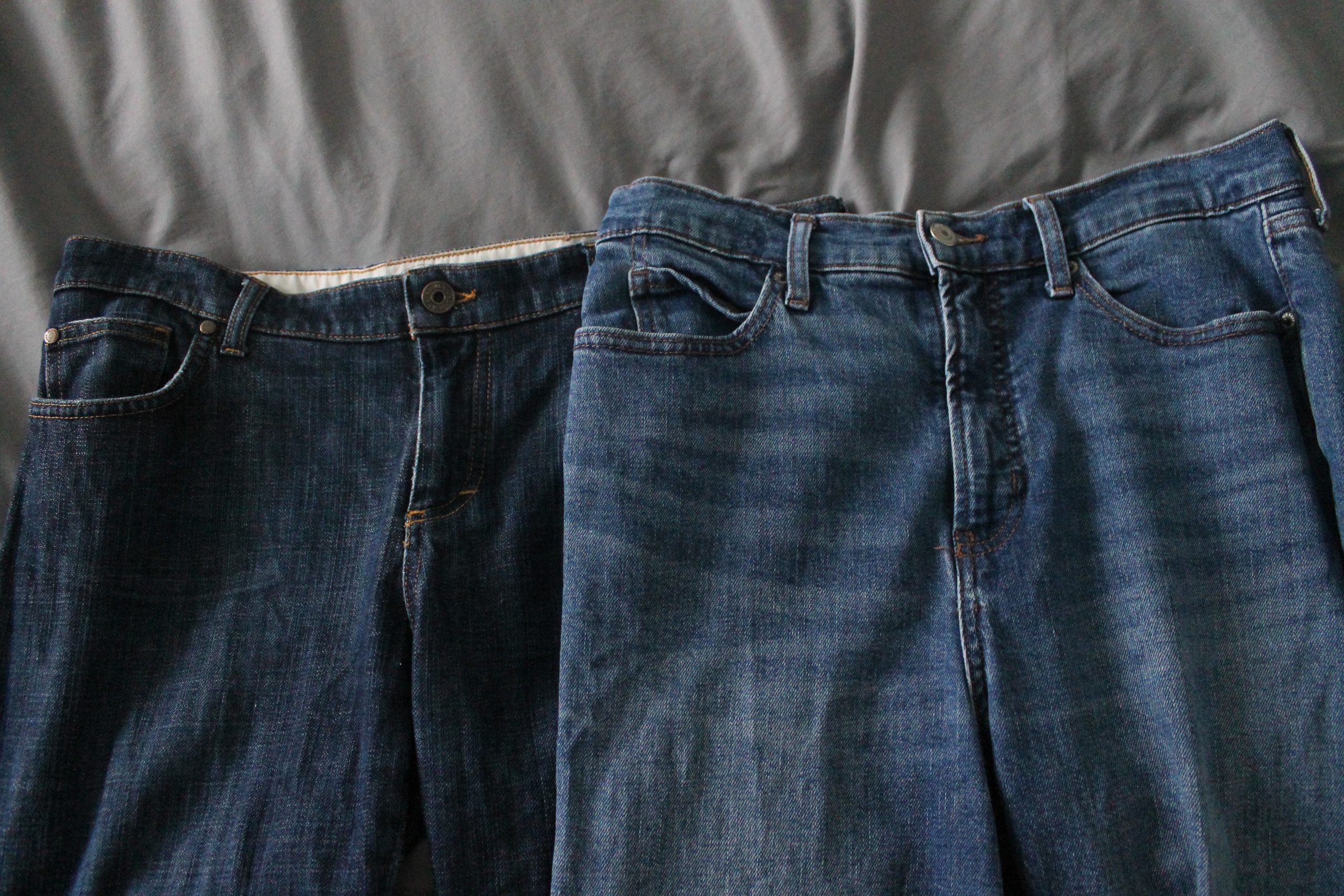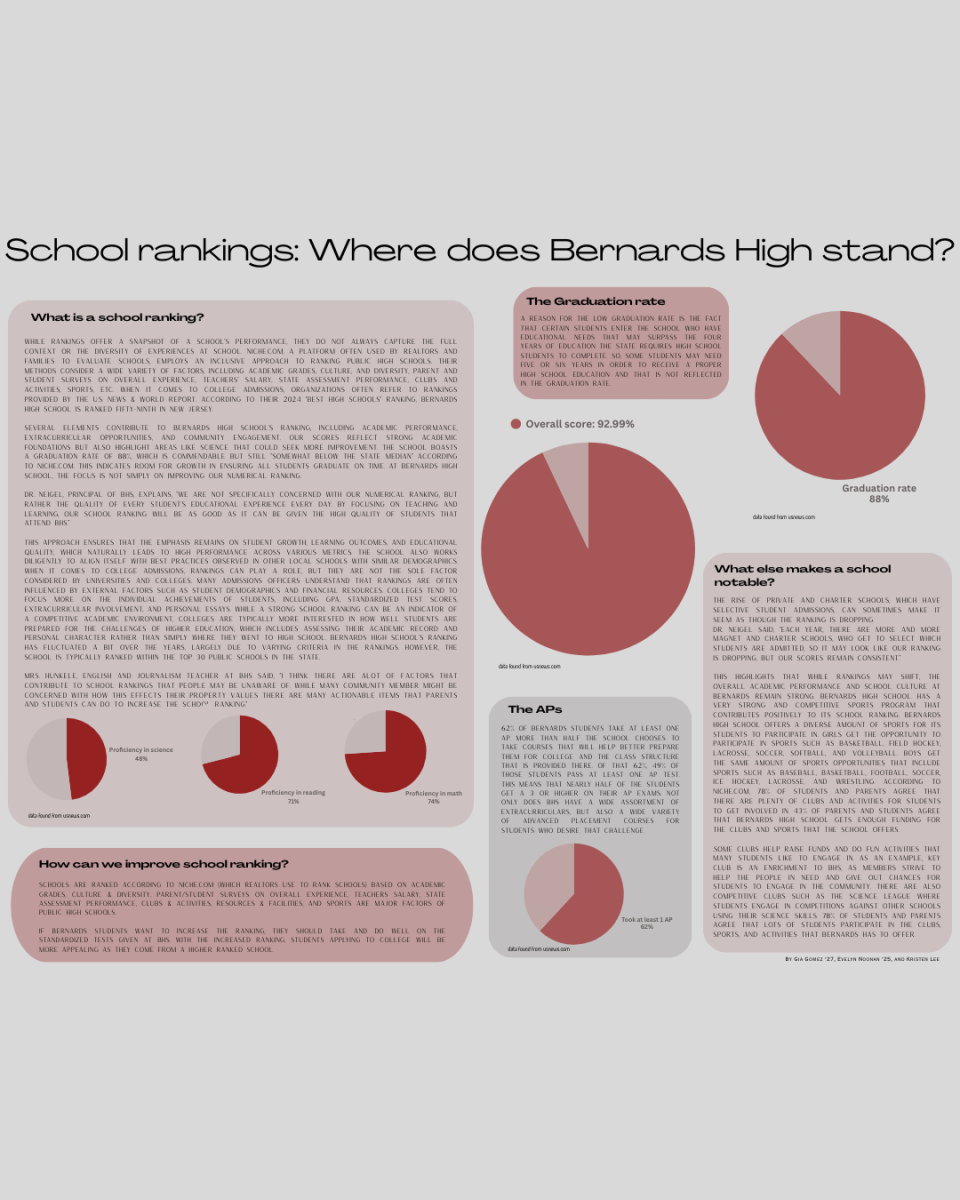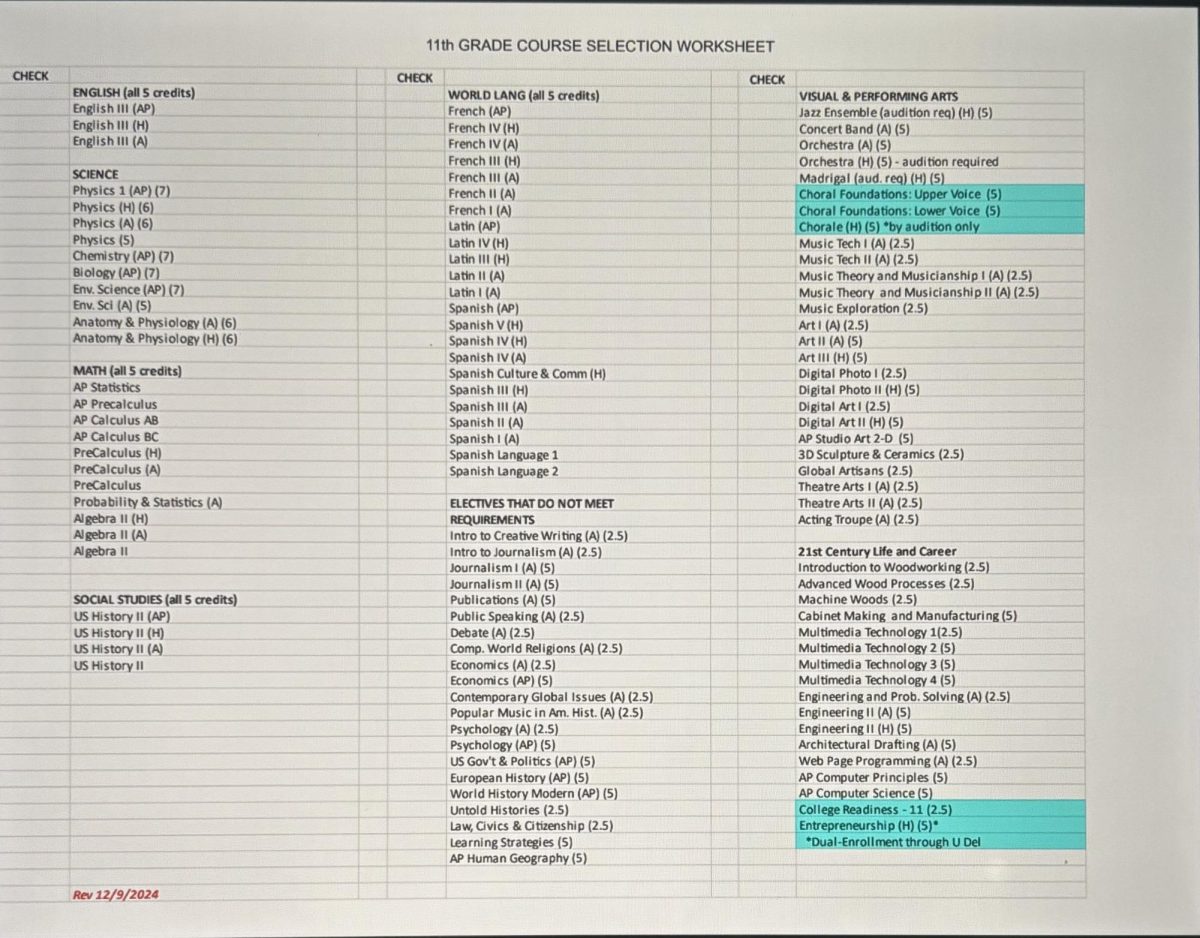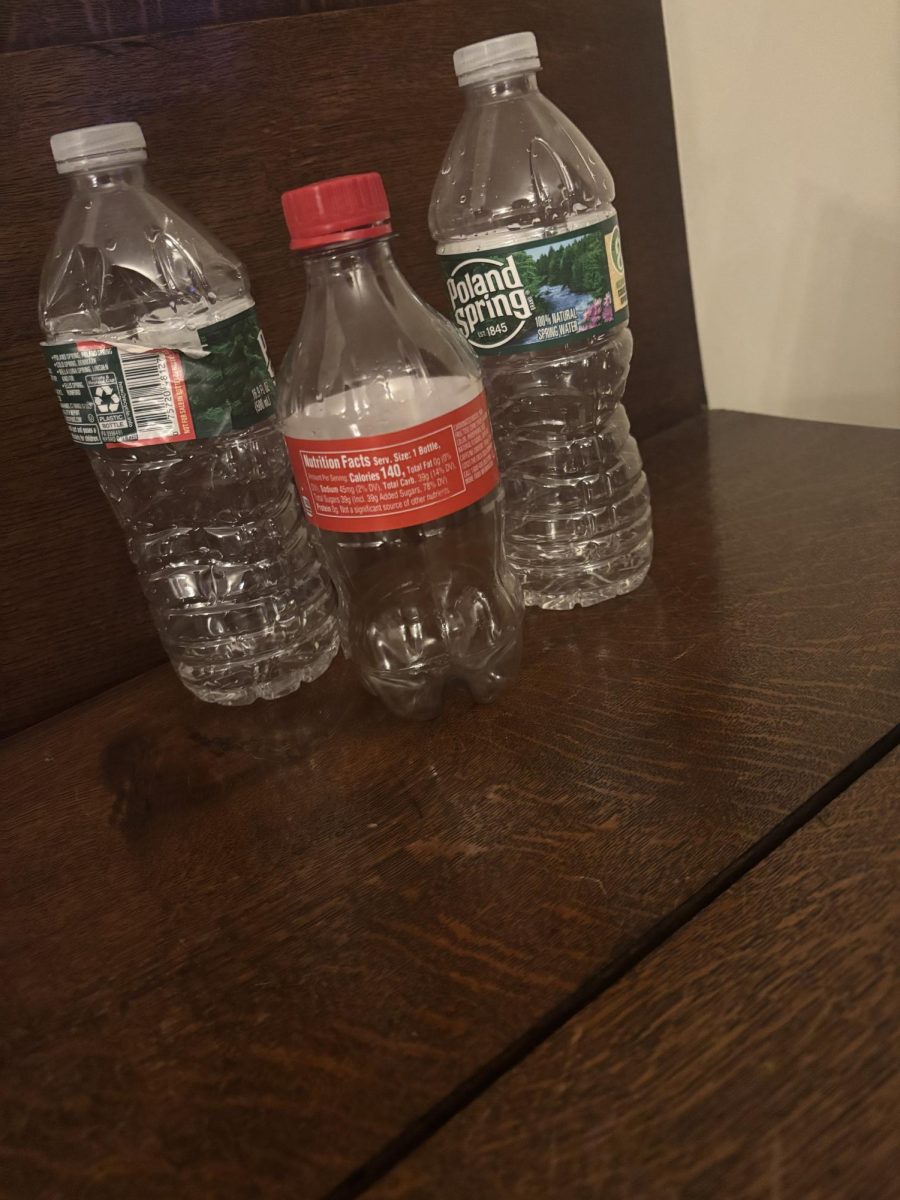With the world of fashion having an ever-changing cycle of trends, the discussion of ethics is a constant. Controversy regarding unethical production practices have been particularly on the rise with the news of an HBO documentary titled Brandy Hellville & the Cult of Fast Fashion being in the making.
Fast fashion is notoriously known for being conducted alongside poor working conditions. Major companies have been under fire for allegedly underpaying their workers, as well as overexerting children. Brandy Melville has recently found itself in more controversy–with a string of its buyers acknowledging the potentially unethical practices of the company. CEO Stephan Marsan was also under fire for allegedly creating a toxic workplace across his franchise’s locations. Fast fashion corporations are typically faulty in nature–making it difficult for an ideal business model to truly come into fruition.
The industry can also get aggressively competitive. In 2023, Temu sued its competitor Shein for using intimidation tactics. Cheap e-commerce establishments struggle to thrive if there are even more inexpensive options available. While the business world as a whole prides itself in a wide knowledge of marketing, fast fashion takes it in a different direction. Some companies will list their products so that the listing appears to be marked down, but in reality, the marked down price is merely slightly above retail. Retailers such as Alibaba even intend for their stock to be purchased in bulk and eventually resold for a high profit margin. In the general fashion industry, mass production also takes away from the elbow grease independent creators put into hand-made designs. Vanessa Moffett ‘26, who makes jewelry by hand, said, “Fast fashion can be disruptive for those who work hard on their own art.”
Additionally, the basis of all fast fashion companies is mass production. To make a sizable profit from quick production, major corporations cling to cheaper fabrics in bigger quantities. Polyester is a rather accessible material, and it is often used for basic lightweight clothing; though, it is less sustainable. Ultimately, it is a synthetic fiber that is derived from plastic, which makes it difficult to break down. Recycled polyester in fashion has been on the rise; however, with each wash for a piece of polyester clothing, microplastics are released into the environment. Cotton is another material that has been used since early industrialization–which led to a major uptick in textile production, but is less abundant in mass production due to its cheaper alternatives. Even with slightly more valuable materials, the difference in quality and sustainability is evident.
“I don’t like fast fashion because it can lead to hurting the environment and creates waste that will simply be burned or dumped into the ocean down the road.” said Elianna Calicchio ‘25.
Some ethically conscious brands to check out are Gil Rodriguez, Reformation, and Koraru. For a more budget-friendly option, thrift stores and secondhand shopping apps such as Depop and Poshmark are always available. Though fast fashion is a tempting market, there are ways to consume both according to a breathable budget and ethically.








